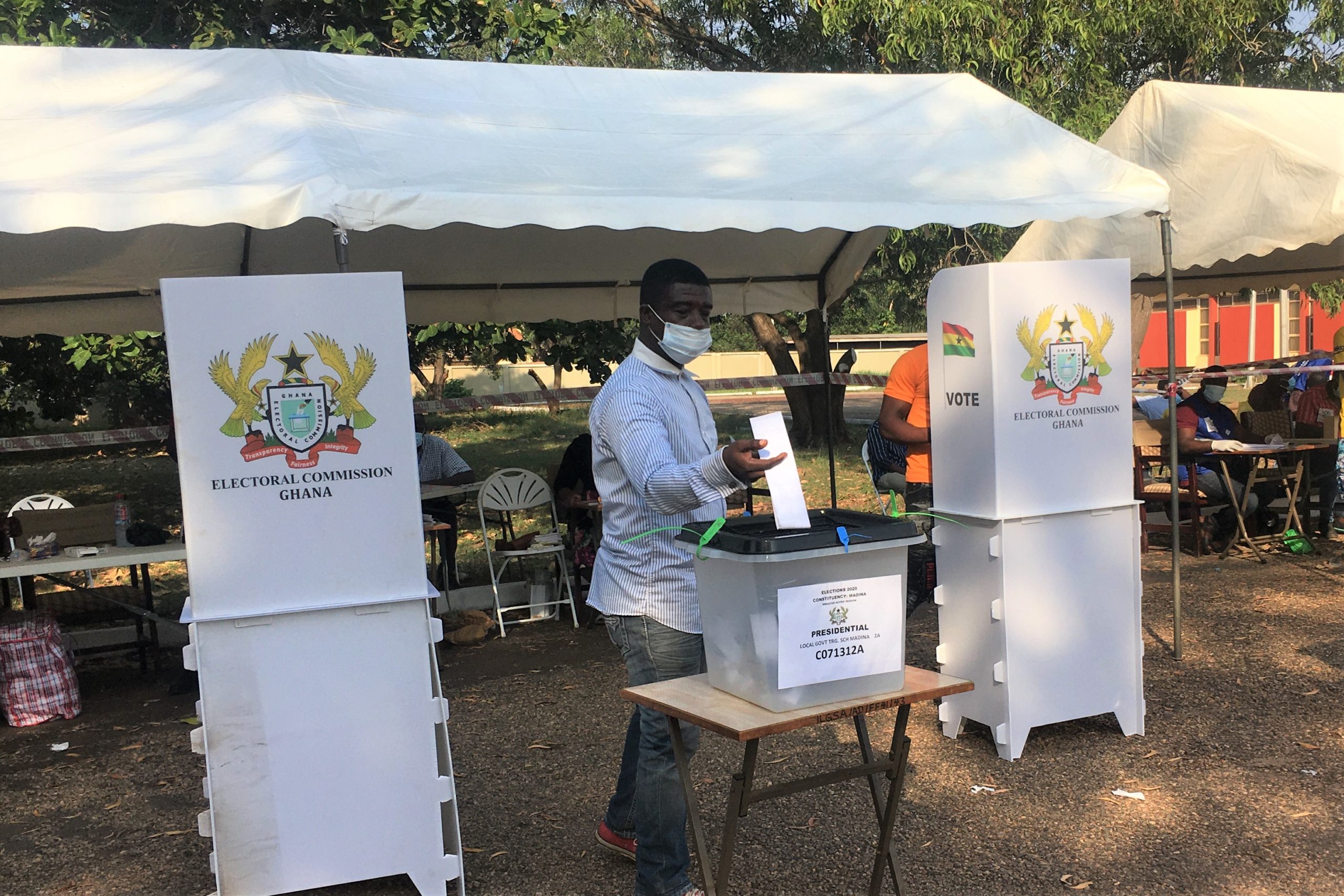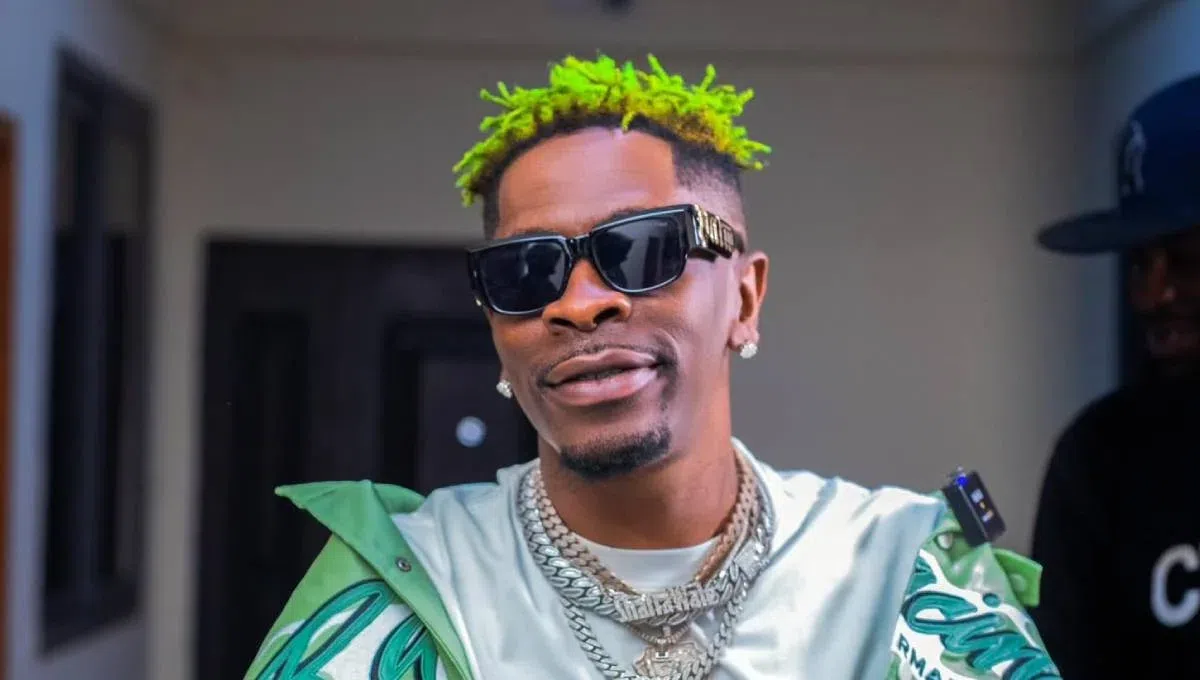
A GNA feature by Charles Epiphany Ativor
Aflao (VR), March 03, GNA - In the early 1930s when Étienne Eyadéma Gnassingbé was born, nobody knew the Pya native from the Kara region of the Republic of Togo would become the longest serving president of the country.

Eyadémá's rise in life began when he joined the French Army in 1953 and was trained in weapon use and the art of war after his primary school education.
Eyadémá participated in the French Indochina War and the Algerian War and after nearly ten years in the French Army, Eyadema returned to Togo in 1962.
In 1963, a confident Eyadémá led a successful Togolese coup d'état against President Sylvanus Olympio and installed Nicolas Grunitzky as the new President of Togo.
In 1967, Colonel Eyadéma of the Togolese Army led a second military coup against Grunitzky and installed himself as President on 14th April, 1967, as well as Minister of National Defence, an office he kept for 38 years.
During his rule he escaped several assassination attempts. In 1974 he survived a plane crash in the northern part of the country near Sarakawa.
Later, Eyadéma changed his first name from Étienne to Gnassingbé to note the date of the plane crash of, which he was claimed to be the only survivor.
Also, in March 1993, an unsuccessful attack was made on the Tokoin military camp, where Eyadéma was living. Several people were killed in that attack, including Eyadéma's Chief of Staff, General Mawulikplimi Ameji.
ENTER AGBEYOME
Messan Kodjo Agbeyomé was the Commercial Director of SONACOM from 1985 to 1988 before President Gnassingbé Eyadéma appointed him into government as Minister of Youth, Sports, and Culture on 19th December, 1988.

He remained in that post until September 1991, when a transitional government led by Prime Minister Joseph Kokou Koffigoh took office.
Agbeyomé was then appointed as Minister of Territorial Administration and Security in September 1992, but Koffigoh dismissed him, along with another member of the Rally of the Togolese People’s Party (RPT), founded by Eyadémá, and Minister of Communications and Culture Benjamin Agbéka, on 9th November, 1992.
Agbéyomé and Agbéka, with Eyadéma's support, refused to leave the government, despite protests and Koffigoh's intent to take the matter to the Supreme Court. Agbéyomé remained in his position until February 1993, when he became Director-General of the Autonomous Port of Lomé.
Agbéyomé served for more than six years as Director-General of the Autonomous Port of Lomé. In March 1999 parliamentary elections, he was elected to the National Assembly as the RPT candidate in the Third Constituency of Yoto Prefecture. He was the only candidate and got 100 per cent of the votes.
Following the election, he was elected as President of the National Assembly in June 1999 and after a little over a year in that position, President Eyadéma appointed Agbéyomé as Prime Minister on 29th August 2000, replacing Eugene Koffi Adoboli after Adoboli was defeated in a no-confidence vote.
Agbéyomé said on 30 August 2001 that the Constitution should be changed to enable Eyadéma to run for a third term in 2003. Although Agbéyomé was widely speculated to be Eyadéma's intended successor after he became Prime Minister, he and Eyadéma had issues and he was dismissed as Prime Minister by Eyadéma on 27th June 2002, reportedly due to differences within the RPT.
In an article published in Le Scorpion Newspaper on 28 June, he criticized Eyadéma and promptly left Togo.
However, in early July 2002 he was declared wanted by a law court in Togo for allegedly dishonouring the President and disrupting public order.
On 6th August, 2002, the RPT Central Committee voted unanimously to expel Agbéyomé from the Party, along with former National Assembly President Dahuku Péré for high treason and he was also expelled from the prestigious "Order of Mono" on 18th July.
After leaving Togo, Agbéyomé lived in exile in France, from where he continued his criticisms of Eyadéma.
The Togolese government issued an international arrest warrant for Agbéyomé in mid-September 2002, accusing him of corruption and saying he had fled Togo to avoid prosecution.
Following the disputed June 2003 presidential elections, Agbéyomé said in an interview with the Newspaper Motion d'information that, contrary to the official results, Eyadéma had actually lost the elections.
He continued accusing Eyadéma of remaining in power through violence and asked Eyadéma to accept defeat and leave politics to resolve the country's political troubles and prevent war.
Agbeyome returned to Togo on 8th April, 2005, following Eyadéma's death and was promptly imprisoned briefly for alleged misappropriation of funds while serving as Director-General of the Autonomous Port of Lomé.
Later that year in September 2005, he formed a new Party, the Democratic Alliance for the Fatherland (known simply as the Alliance), together with Dahuku Péré.
He later ran for election to the position of President of the Togolese Football Federation, but at its extraordinary congress on 9th January, 2007 he placed second behind Tata Avlessi Adaglo, receiving 14 votes from delegates against 24 for Avlessi. He was however ahead of Eyadéma's son, Rock Gnassingbé, who was the Federation's incumbent President and received eight votes.
Agbéyomé announced in early August 2008 that he would stand as the candidate of a new party, the Organisation pour bâtir dans l'union un Togo solidaire (OBUTS), in the 2010 presidential election against one of Eyadéma's sons, Faure.
He formally filed his nomination on 14th January, 2010. Although the deadline for filing nomination was 15th January, Agbéyomé was the first person to formally submit his forms and upon learning that he was first, Agbéyomé declared that it was "a very good sign" and that he would also be "the first" to be declared the winner of the elections but unfortunately he lost to Faure.
CHALLENGES OF FAURE ESSOZIMNA GNASSINGBE
Faure Essozimna Gnassingbé Eyadéma himself had some challenges en-route succeeding his father.

Faure Gnassingbé was immediately installed as President with support from the Army when his father died.
At the time of Eyadéma's death, National Assembly President Fambaré Ouattara Natchaba was out of the country, and Faure Gnassingbé was sworn in as acting President to "ensure stability".
Doubt regarding the constitutional legitimacy of the succession led to heavy regional pressure on Gnassingbé, and he subsequently resigned on 25th February.
He then won a controversial presidential election on 24th April, 2005, and was sworn in as President and was re-elected for a second term in 2010.
In April 2015 presidential elections, Gnassingbé won a third term, defeating his main challenger, Jean-Pierre Fabre, by a margin of about 59 per cent to 35 per cent, according to official results.
In the February 2020 presidential elections, Faure Essozimna Gnassingbé Eyadéma won his fourth presidential term in office as the President of Togo.
According to the official result released by the Independent Electoral Commission, he won with a margin of around 72 per cent of the votes, defeating his closest challenger, the former Prime Minister Dr. Gabriel Messan Agbéyomé Kodjo who had 18 per cent but Agbéyomé described the result as fraudulent and declared himself as "democratically Elected President" and refuses to back down and concede defeat.
The situation is not looking good for the West African nation at the moment with the opposition planning series of demonstrations, with the first disrupted by military cum police high-handedness on protesters.
The worry is the fate of the vulnerable, especially women and children, with some already seeking refuge in neighbouring Ghana, Benin and Nigeria.
GNA
Read Full Story








![‘I’m a Supplier’- Interdicted police officer admits selling opioids to youth [Video]](https://sportal365images.com/process/smp-images-production/pulse.com.gh/05052025/fc3b0efb-cfe0-47e6-9110-1dafcd7a834d.png)





Facebook
Twitter
Pinterest
Instagram
Google+
YouTube
LinkedIn
RSS